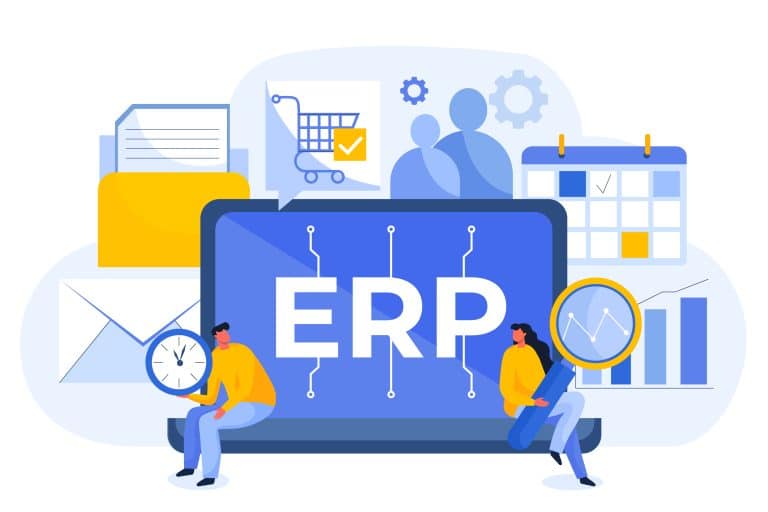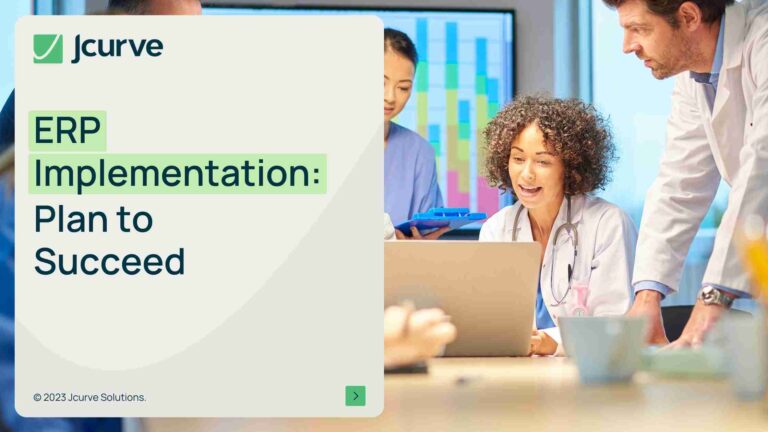Thinking of implementing a new ERP system? Here are 7 ERP implementation strategies to help you get things right and see ROI from your investment sooner.
1. Identify your requirements
 When scoping an ERP solution, choose software that’s designed for the needs of your business and industry. Look for functionality that addresses your core processes and business requirements. Spend time identifying current pain points and involve your team in this process. For more on unlocking ROI potential, explore our guide on Unveiling the ROI Secrets of Investing in NetSuite ERP.
When scoping an ERP solution, choose software that’s designed for the needs of your business and industry. Look for functionality that addresses your core processes and business requirements. Spend time identifying current pain points and involve your team in this process. For more on unlocking ROI potential, explore our guide on Unveiling the ROI Secrets of Investing in NetSuite ERP.
2. Customised or standardised?
Customisation can often extend the timeline and increase costs. Consider starting with a standardised implementation for quicker ROI and then add customisations in subsequent phases. Work with your ERP provider to clarify business needs early on and establish a phased plan for implementation.
3. Choose the right ERP implementation for your business
Understand the differences between on-premise and cloud-based ERP systems. Cloud-based ERP offers benefits like reduced hardware costs, simplified updates, and quicker implementation. Evaluate the best option for your business needs and resources.
4. Factor in change management and organise training
 Effective change management and comprehensive training are crucial. Involve your team early, and ensure they receive proper training throughout the implementation process. Regular training helps maximise the system’s benefits and supports ongoing efficiency.
Effective change management and comprehensive training are crucial. Involve your team early, and ensure they receive proper training throughout the implementation process. Regular training helps maximise the system’s benefits and supports ongoing efficiency.
5. Appoint an internal ERP solution champion
Select a project manager to oversee the ERP implementation. This person should coordinate communication, manage timelines, and ensure that all team members are engaged and informed.
6. Develop and execute a communication plan
A strong communication plan is vital for keeping everyone updated on progress and milestones. Identify stakeholders, outline the implementation schedule, and provide regular updates to ensure alignment and transparency.
7. Allocate adequate time
Allocate sufficient time and resources for the ERP implementation. Set realistic timelines and adjust expectations as needed to accommodate any unforeseen challenges. Training and post-implementation support are essential for maximising ROI.
Getting it right
These strategies can help you see ROI from your ERP implementation sooner. Start preparing your ERP implementation checklist to ensure you cover all necessary steps. Reach out to an ERP provider for a tailored demo and use tools like the ERP ROI Calculator to estimate potential savings.










